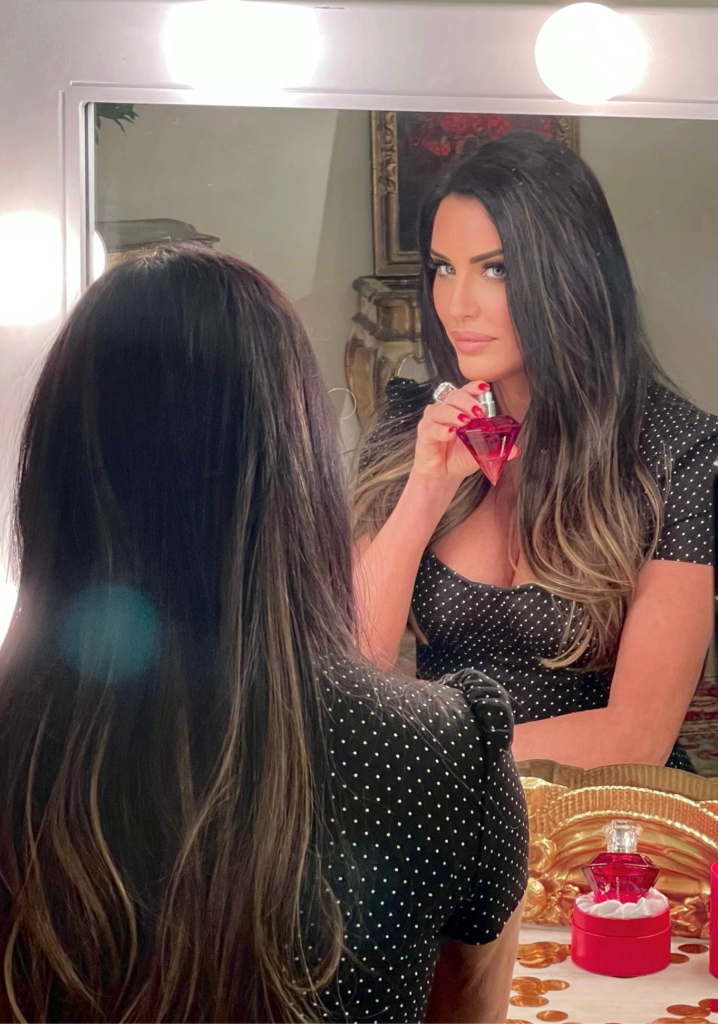 I offer a ton of advice on a wide variety of relationship issues via this site, through my Millionaire’s Club and over brunches to my friends. While the issues are all different and I tailor all of my advice to each couple, the truth is, the advice can normally be boiled down to two big things – communication and compromise. I’m basically always saying “more” to communication and compromise. While I don’t think there can be too much communication in a relationship, there actually can be too much compromise. Here’s how to tell if there’s too much in yours.
I offer a ton of advice on a wide variety of relationship issues via this site, through my Millionaire’s Club and over brunches to my friends. While the issues are all different and I tailor all of my advice to each couple, the truth is, the advice can normally be boiled down to two big things – communication and compromise. I’m basically always saying “more” to communication and compromise. While I don’t think there can be too much communication in a relationship, there actually can be too much compromise. Here’s how to tell if there’s too much in yours.
It’s lopsided
Is there one person doing all of the compromising? That means there’s simultaneously too much compromise in your relationship and not enough. Compromise is a two-way street that both of you need to walk. One person can’t be doing all the bending. Guaranteed, they’re going to break.
Someone’s not themselves
Compromise is a tough balance. Compromising does mean changing something about yourself to better suit your partner, but you shouldn’t have to change too much to make your partner happy. No one in the relationship should compromise on expressing their favorite parts of their personality. Doing dishes when you don’t want to? That’s fine. Forcing yourself to be quiet in groups when you’re a total loudmouth? No bueno. Make sure each of you is able to be yourselves in your relationship. If not, you’ve got a problem.
It can’t last
There are extreme compromises you can make in a relationship as long as they’re on a temporary basis. For example, even though you’re a news junkie, you agree to not talk about politics at all for the week her parents are in town to make things go smoothly. Fine! But if in order to make your relationship work, you need to compromise on something extreme on an ongoing basis that feels untenable, that’s too much. You can’t be on your best behavior all the time. If you need to be for your relationship, it’s just not going to last.
It’s win or lose
When I was a kid, compromise was explained as “sometimes you get what you want, sometimes the other person gets what they want.” But, that’s not what it actually is in relationships. In a relationship, compromising is about determining what’s best for your relationship and pursuing that option. If you two view your discussions about issues that require compromise as “one of us is going to win and one of us is going to lose,” then you’re not doing it right. Considering yourself the loser of anything in a relationship means you’re compromising way too much.
It’s a fine line between the tons and tons of compromise a relationship needs and too much compromise. Ultimately, you have to check in with your gut to tell which side of that fine line you’re on.





